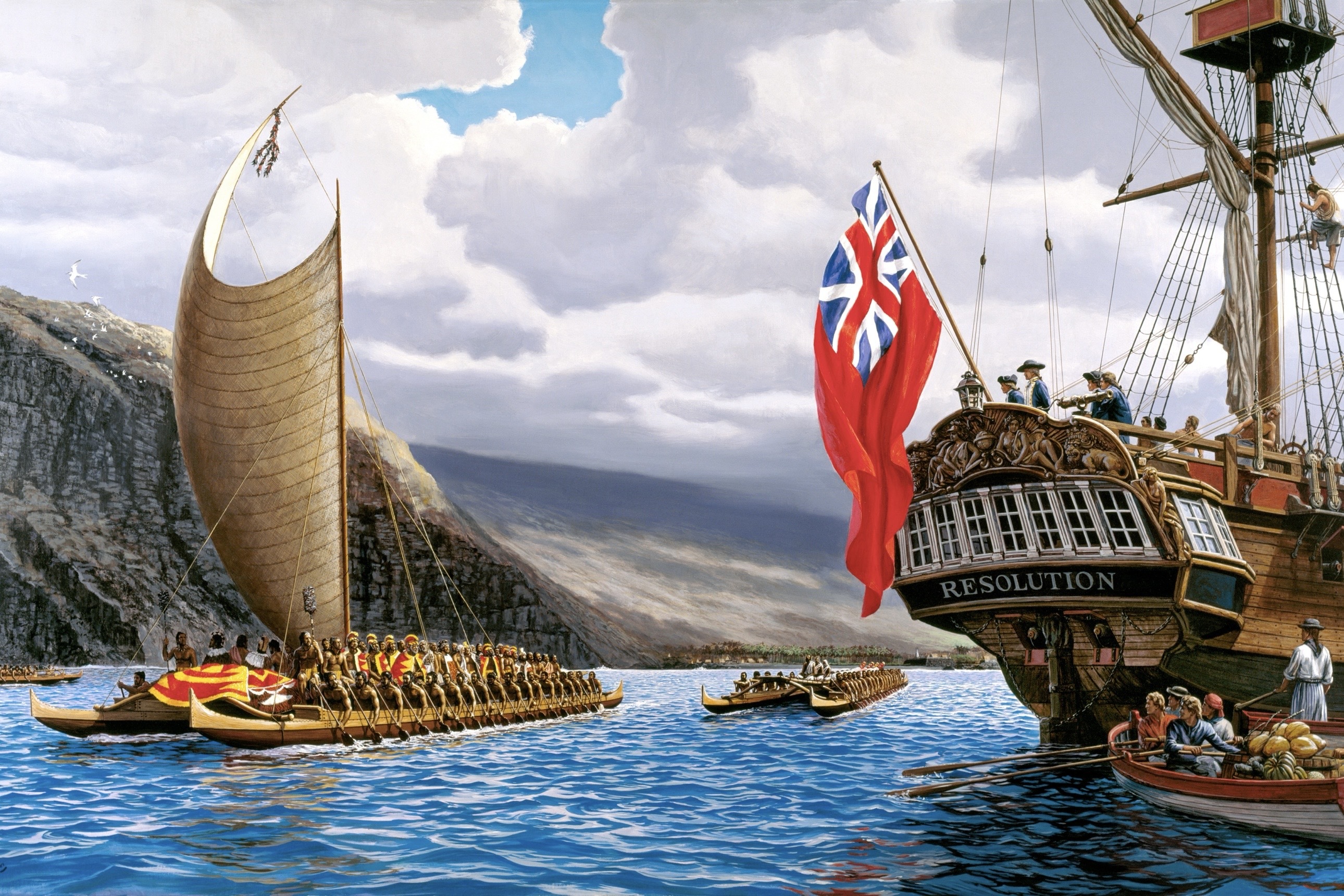
Author and historian Hampton Sides was the first Colorado College Griffiths Journalist in Residence in 2014 and co-founded what would eventually become the CC Journalism Institute in Colorado Springs. He has also written nonfiction accounts about the frontiersman Kit Carson, the rescue of Bataan Death March survivors and more.
Sides’ latest book, “The Wide Wide Sea,” depicts the fatal third voyage of 18th Century British naval captain James Cook. The book recently debuted at number 3 on the New York Times bestseller list for nonfiction.
The historian sat down with Colorado Matters to discuss the book.
During Cook’s third voyage to the South Pacific, he became the first European to set foot on the Hawaiian islands and later produced the first reliable maps of the northwest coast of North America, from Oregon to the arctic regions of Alaska. That was after nearly reaching Antarctica and traveling through Tasmania, New Zealand and Tahiti earlier in the four-year journey.
“They're basically going from the realm of penguins to the realm of polar bears. I don't know how many voyages in world history have had that sort of range,” Sides told Colorado Matters.

The new book comes out in an era when condemnation of Europe’s colonial past dominates the public discourse. Cook, who was killed during a skirmish on the Big Island of Hawaii in 1779, has had his legacy included in that contemporary reckoning. Modern critics highlight Cook’s role in introducing venereal diseases into indigenous populations, imposing cultural values and representing the onset of centuries of imperial exploitation.
Monuments honoring Cook have been recently vandalized. When Sides visited the site of Cook’s death, he found the marble obelisk dedicated to the captain splashed with red paint along with the sentence “You are on native land.”

In “The Wide Wide Sea,” Sides attempts a balanced account of Cook’s voyage, including skepticism of crew members and indigenous oral histories where possible. Sides said he finds Cook a rather nuanced figure compared to other key figures of European exploration.
“He never, for example, ever tried to convert anyone to Christianity,” Sides said. “He rarely, maybe never, used words like ‘savage’ or ‘heathen’ to describe the indigenous people that he encountered, which was so typical of the European explorers. He was genuinely curious about them.”
Sides described Cook as a product of the Enlightenment, almost a proto-anthropologist in his study of indigenous tribes.
“If the argument is they shouldn't have come, they shouldn't have wandered, they shouldn't have wondered,” Sides said. “Yeah, maybe that's right, in a moral sense … But, that’s sort of asking humans not to be human.”
Other Westerners would have eventually reached the Indigenous peoples of the Pacific, Sides argued. As Cook did, they would have likely brought with them the devastating diseases, vastly different paradigms for trade and global politics that decimated Indigenous populations.
“It probably would have come if it hadn’t come with Cook,” Sides said. “It would have come with somebody far less humane and far less interested in these people and these cultures.”
If you’d like to hear the full Colorado Matters interview with Hampton Sides, click the audio player at the top of the page.








